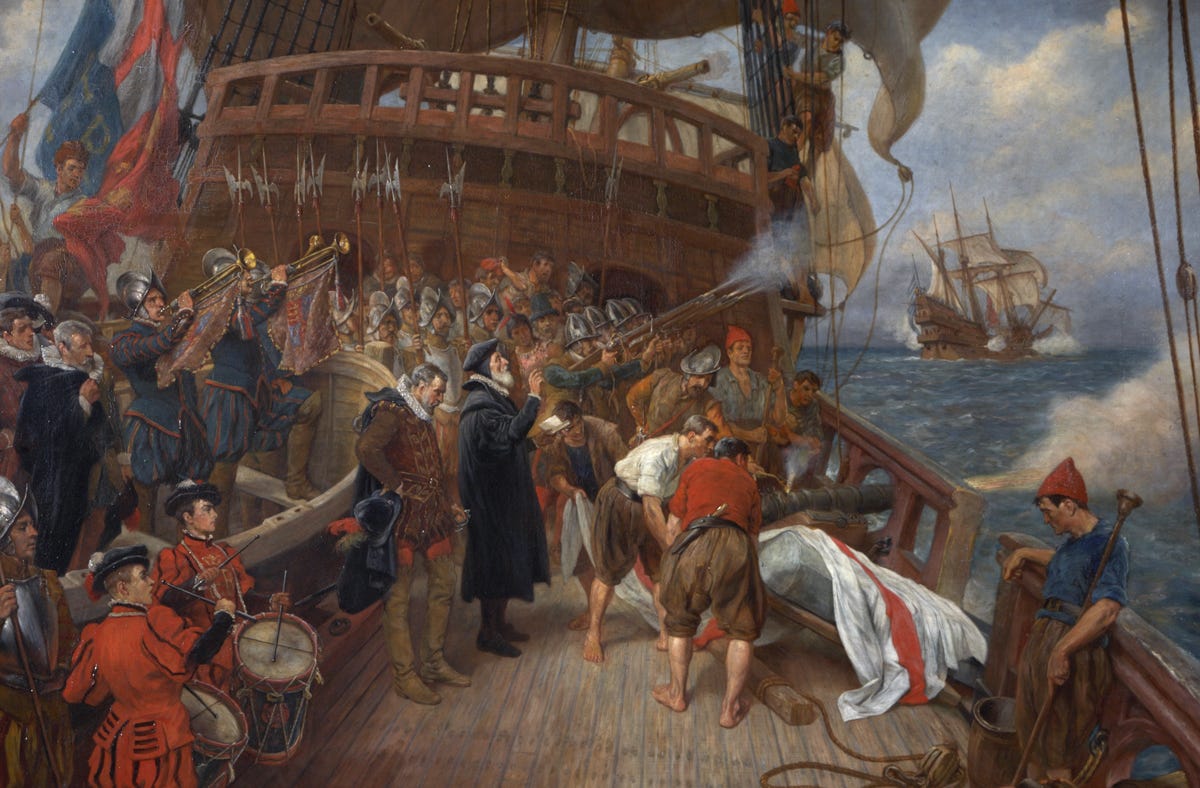The Course of Human Events
We're all connected by events past and present

“When in the course of human events…” — Thomas Jefferson, 1776
Leaders know that a common experience or vision can form a rallying cry for their people.
In history, there are precious few moments that mark a collective experience.
Moments when time seemed to stop for a great multitude, causing a collective realization that they were all witnessing the same thing simultaneously.
In some cases, the dates are indelible and can define the moments themselves, without a need for additional explanation:
January 6, 2021
September 11, 2001
December 7, 1941
July 4, 1776
March 15, 44 B.C.
The farther back in history we go, the less certain we are of specific dates. But we understand the global significance of particular events:
The building of the Great Wall
The crucifixion of Christ
The fall of Rome
The signing of the Magna Carta
The Black Death
“Good old Watson! You are the one fixed point in a changing age.” — Sir Art…



